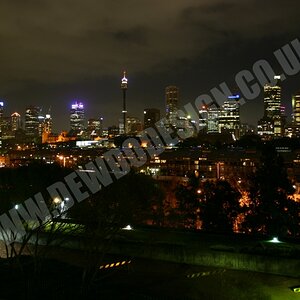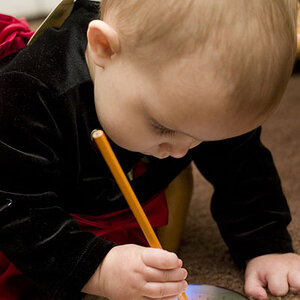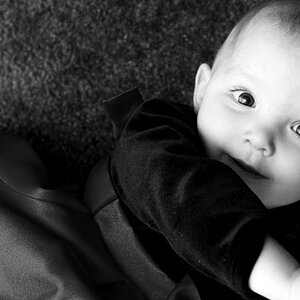Ido
No longer a newbie, moving up!
- Joined
- Jun 30, 2014
- Messages
- 449
- Reaction score
- 67
- Location
- Israel
- Can others edit my Photos
- Photos NOT OK to edit
These aren't use cases which require a DSLR. Did you consider mirrorless system cameras? They are smaller and lighter, while not compromising on quality and performance, apart from tracking autofocus, which is getting better and better with some newer cameras.I'm going to use this for macro, landscape and portrait ( allrounder- not for sports ) ..
A great, great option is the Olympus OM-D E-M10. I use its older sibling, E-M5, and love it. I use it for landscape, travel and street photography.




![[No title]](/data/xfmg/thumbnail/32/32155-5dfb2c8aee58498ba1862d4f34389669.jpg?1619735234)

![[No title]](/data/xfmg/thumbnail/37/37518-fb05b52482bd05e84fb73316ba1a9c8f.jpg?1619738128)
![[No title]](/data/xfmg/thumbnail/41/41755-a922f39cc29ff8f6e66a197508bf99f3.jpg?1619739881)


![[No title]](/data/xfmg/thumbnail/32/32156-d6cfe2865ceed861a0633752a006ea20.jpg?1619735234)


![[No title]](/data/xfmg/thumbnail/38/38444-6063bb59cb410c520a1ccccbe58db9c7.jpg?1619738614)